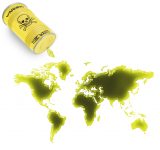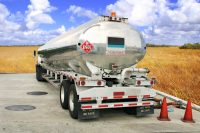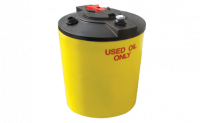Go Beyond SPCC Compliance with Better Business Practices
At the Connecticut Business and Industry Association’s (CBIA) 2018 Energy and Environment Conference, a panel of industry experts recommended several best practices and business strategies that companies should consider as part of their spill response preparation process beyond the mandatory Spill Prevention, Control, and Countermeasure (SPCC) requirements.










